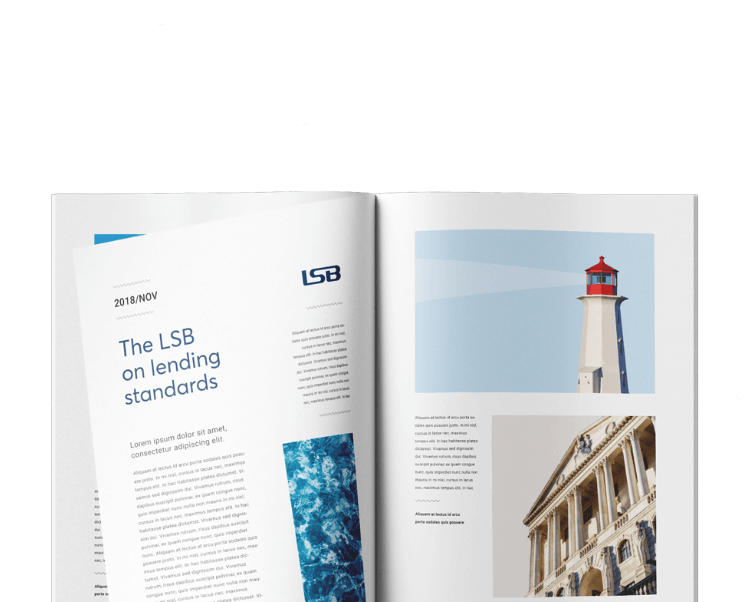New research highlights the challenges in the SME green finance market and explores how banks and lenders can support their customers to become more sustainable.
Our latest report examines the provision of green finance products for SMEs, finding that while demand for, and interest in, these products is growing, many smaller businesses still face barriers accessing sustainable financial products.
This was reflected in the relatively low take up: we identified around 15 products currently being offered to SMEs specifically for green purposes by its registered firms. The number of customers accessing these products ranges across firms and product types from zero to 500. Green loans were the most common product offered, most of which were aimed at SMEs looking to make efficiency improvements to their premises or travel arrangements (for example, electric vehicle purchases).
Separate research from the British Business Bank (BBB) found that around half of SMEs are open to improving their environmental impact. But while 47 per cent of SMEs are open to reducing their environmental impact and 22 per cent are prepared to use finance to invest in changes, they are put off by factors like cost, capacity, and uncertainty over the lack of information on the green finance options available.
We recognise that SMEs have been hit by an onslaught of negative economic events over the past two years, meaning that business-as-usual and how to cope with rising costs has taken precedence.
Nevertheless, the drive to transition to net zero continues to intensify. Firms should therefore be considering, across all finance products, how they can help customers to achieve their green objectives whilst balancing the effects of the wider landscape. For customers looking to borrow or use finance to make changes that are positive for the environment, firms should be understanding how their products – whether they are labelled as green or sustainable, or not – can support the SME’s objectives.
We also observed in the report that most action on the regulatory front had so far been focused on disclosure requirements for large businesses, as well as the labelling of investment products: However, the direction of travel is clear, and the wider financial services sector needs to consider how products and services are being used to support green or sustainable initiatives.
In turn, this is leading both firms and SMEs to take additional steps to improve their understanding of their environmental impact and how the products they offer, or use, impact on the environment.
A review of the Standards of Lending Practice for business customers is currently underway, and will, amongst other things, put the issue of green finance for SMEs under consideration for registered firms and the wider industry. The consultation will also explore how the Standards can further emphasise the expectations on firms in relation to inclusion and support for business customers in financial difficulty; as well as whether the Standards require further development regarding the digital channels used by firms to offer products to, and engage with, business customers.
We welcome responses to the issues raised in the consultation, and any related feedback, by 10 August 2023. Please send responses and any supporting information to businessstandards@lstdb.org.uk.









